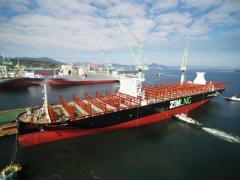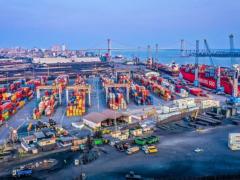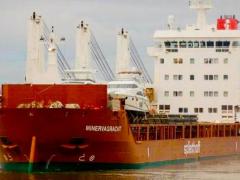Adequate packaging has been identified as one of the key factors affecting risk in the supply chain – and it’s a critical consideration for both the exporter and importer, says marine insurance specialist at JLT South Africa, Bimesh Ugarchund.
“It is critical that appropriate packaging and storage processes are followed to prevent insurers from repudiating the claim based on the policy exclusions relating to inadequate packaging. The goods must be packaged to be able to endure the perils of sea and airfreight voyages as well as land movements by road or rail.”
Because of the complexity, Ugarchund advises shippers to seek professional advice. “Of course most insurers would expect that all items be steel crated and strapped to a pallet within a fully enclosed brand new container. This is, however, just not feasible. But shippers must ensure that standard sea or air worthy protection is used if they are to avoid the frustration of arguing the issue of packaging with their insurer when the goods arrive damaged.”
And while insurers will never confirm in advance of an insured voyage what cover would constitute “adequate packaging”, they are able to avoid liability in the event that the experts – generally assessors or surveyors – assert that in their view the packaging was not adequate for the voyage or cargo in question.
“Generally when this discussion arises – and it does arise very often in the event of a claim – we would look to confirm that “standard and generally acceptable” packaging for the cargo type and the intended voyage has been used. “Standard packaging for a delivery from Rotterdam, for example, to Lyon in France would not necessarily be considered adequate for delivery of the same goods to Johannesburg in South Africa. The goods must be properly packed for the specific intended voyage and should be able to withstand the expected – not extraordinary – “perils of the sea” and any related inland delivery voyage.”
INSERT
Insurers can avoid liability if assessors assert that the packaging was not adequate for the voyage or cargo in question. – Bimesh Ugarchund












